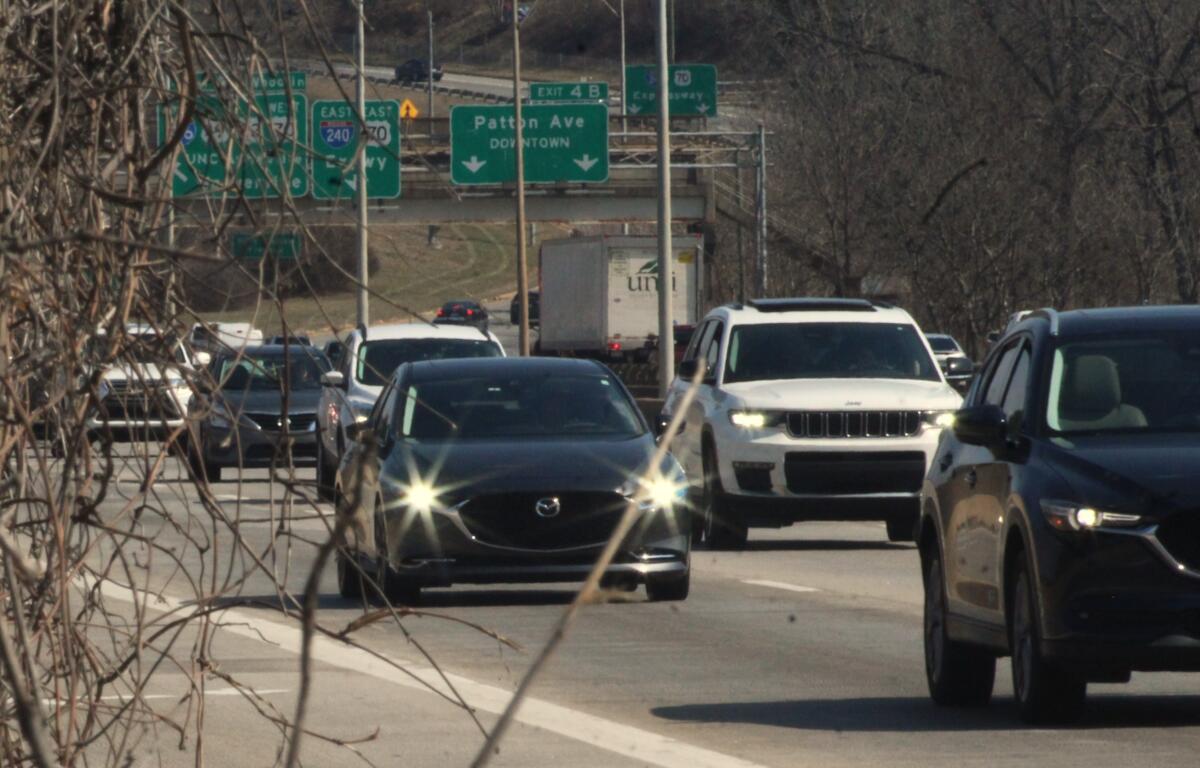ASHEVILLE, N.C. (828newsNOW) —
A $1.15 billion contract award announced Wednesday is considered a major milestone on the Interstate 26 Connector project that will transform vehicle, bicycle and pedestrian access to and through downtown Asheville.
The North Carolina Department of Transportation announced in a release it has awarded a contract to the design-build team Archer-Wright Joint Venture — which brings together Archer Western Construction and Wright Brothers Construction Co. with lead engineering firm RK&K.
They’re tasked with constructing a network of roadways from Haywood Road across the French Broad River to U.S. 19/23/70 and Riverside Drive from Hill Street to Broadway Street. The new section will remove interstate traffic from the Capt. Jeff Bowen bridges and, according to NCDOT, allow for new multi-modal connections and safer interchanges with local roads.
In the release, Nathan Moneyham, Division 13 construction engineer for NCDOT, touted the importance of the contract award in the life of the project, which has been decades in the making.
“This is a big milestone because we now have an opportunity to work directly with Archer-Wright to identify and evaluate ways to reduce project costs so that the project can be delivered,” Moneyham stated. “Ultimately, this will benefit not just those that’ll use the interstate corridor traveling through Asheville, but those that live here.”
The north section of the connector’s main features will be a new interchange at Patton Avenue, a new bridge over the French Broad River and a new bridge at Broadway Street, Moneyham said in the release.
“These improvements will address numerous operational issues we all experience when it comes to safety and congestion in this area,” he said.
The state received three bids for the project, and all of them were higher than NCDOT’s engineer’s estimate. During a six-month process called Optimization and Refinement (or O&R), the transportation agency and the contractor will collaborate to find cost-saving ways to reduce the project’s scope and bring the cost more in line with planned estimates, the release stated.
NCDOT spokesperson David Uchiyama said final design work still needs to be completed.
“But construction could possibly, maybe start in 18 months with completion in 2031,” he said.
CORRECTION: An earlier version of this story made an incorrect reference to the date of the announcement, which was Wednesday.


